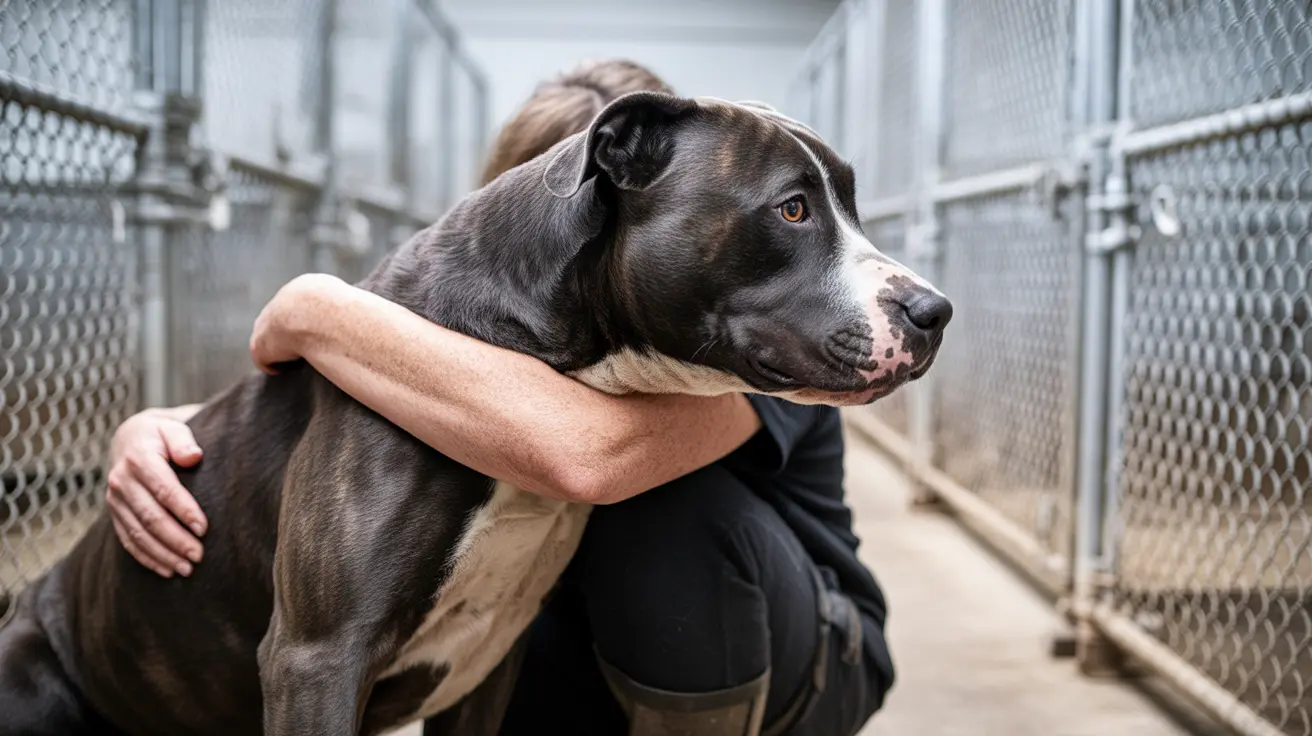Can You Sue If a Dog Kills Your Cat? Legal Rights and Next Steps
When a beloved pet is harmed or killed, especially in a violent incident with another animal, the emotional sorrow is magnified. If a dog harms or kills your cat, you may wonder whether you have legal recourse. The simple answer is:
yes, in many cases, you can pursue a claim. But the extent and success of your legal options often depend on your local laws and the details of the incident.
Understanding Legal Grounds for a Lawsuit
Pet law varies by region, but generally, owners are responsible for the behavior of their pets. If a dog kills a cat, the scenario usually falls under the domain of
civil liability — specifically, personal property damage, since pets are legally considered property in most jurisdictions.
Three key legal theories may apply:
- Negligence – Failing to secure the dog, allowing it to roam
- Strict liability – In some areas, especially where vicious animals are involved
- Violation of local animal control laws – Such as leash laws
What You Can Sue For
The damages available when you sue can include:
- Veterinary bills – If the cat was injured before succumbing or treated
- Replacement value – Though pets are priceless to us, some courts determine value similarly to property
- Emotional distress – Some jurisdictions allow non-economic damages, particularly in cases of blatant negligence
Example Legal Scenarios
1.
Dog jumps fence and attacks a cat: If it can be shown that the dog escaped due to poor fencing or lack of supervision, the owner may be held negligent.
2.
Loose dog kills a cat in a public area: Failure to leash the dog may make the owner liable for violating local ordinances.
3.
Repeated aggression from known dangerous dog: If an owner knows of previous attacks and does not prevent another, strict liability may apply.
What to Do If Your Cat Is Killed by a Dog
Taking the right steps after such a traumatic event can support your claim:
- Document the incident – Take photos, gather witness accounts, and collect records
- Report to animal control – Authorities may investigate and cite the dog’s owner
- Consult an attorney – Especially if seeking emotional damages or if the case is complex
Laws by State or City Vary
In the U.S., local ordinances and state laws play a major role. Some cities have lenient leash laws; others impose strict responsibilities on dog owners. Likewise, tolerance for emotional distress damages varies, with states like California and Illinois having a more pet-friendly legal perspective.
Challenges You May Face
Getting compensated isn't always straightforward. Common challenges include:
- Proving ownership – especially if the dog’s owner denies it
- Quantifying losses – Valuing a pet's life is emotionally and legally complex
- Local immunity – In some jurisdictions, liability is limited for first-time dog aggression
When Insurance Comes Into Play
Homeowner’s or renter’s insurance policies may cover damages when a dog causes harm. If the dog’s owner is insured, consult with them about filing a claim rather than going straight to court.
Preventing Future Tragedies
Pet owners should take the following precautions:
- Secure fencing and yards
- Leash dogs in public areas
- Monitor pets during outdoor time
- Report aggressive animals to animal control
Conclusion: Seek Justice, But Be Prepared
While no legal action can replace a beloved pet, holding the responsible party accountable through a lawsuit might offer some form of justice and closure. Whether you pursue reimbursement for costs or seek to encourage better pet control from your neighbors, understanding your rights is the first step.





